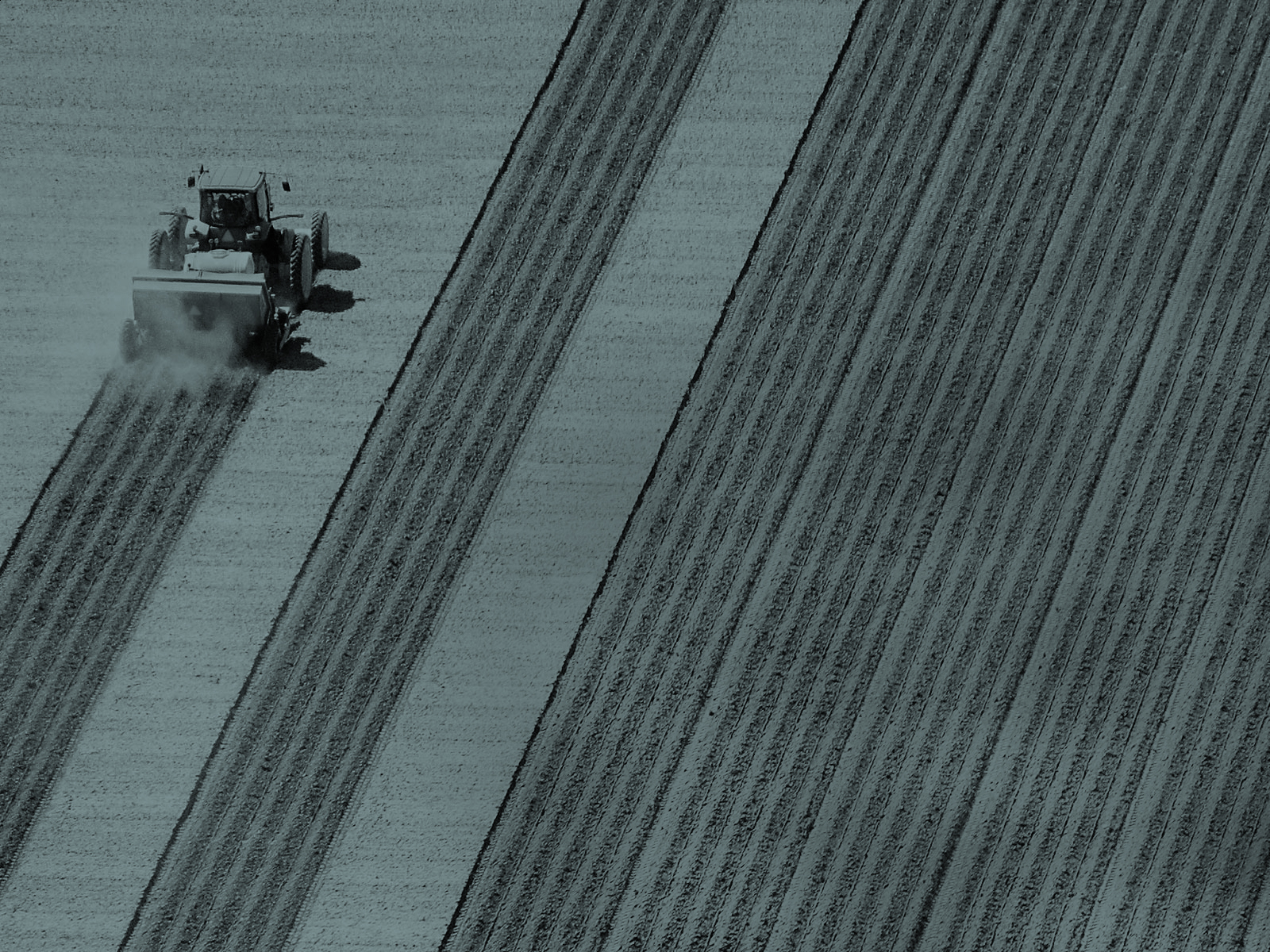Report Summary
Agriculture in high-growth markets: securing global food supplies is an Economist Intelligence Unit report which discusses the food supply challenges that the world faces in the coming decades; successful measures being taken to expand food production in high-growth countries; and the potential for further improvements in food productivity.
Demand for food continues to accelerate, driven by growing populations, rising prosperity and ongoing urbanisation, among others. These factors are particularly evident in high-growth markets, most notably the populous nations of Brazil, Russia, India, and China—the so-called BRIC countries. At the same time, food production is coming under pressure owing to limitations on resources and other environmental considerations. In the coming decades, doing more with less will be a key priority.
Already, many high-growth markets are demonstrating a strong commitment to tackling the challenges of food supply in their countries. While these countries’ agricultural systems are diverse, their successes can provide valuable lessons for other high-growth areas—and for developed markets too. After all, increases in agricultural productivity across the world, including in North America and western Europe, are vital to meeting demand for food.
This paper, based on desk research and on in-depth interviews with food and agriculture experts spanning the private sector, public sector and academia, discusses rising agricultural productivity in high-growth markets. The research examines the challenges of food supply in the coming decades; agricultural successes in high-growth markets; and further options to secure global food supplies. The key findings of the research are as follows:
- Global food production must expand as much as 3% annually to meet demand. Drivers behind the continuing rise in food demand include
growing populations, increasing prosperity, and ongoing urbanisation. To secure food supplies for the planet’s population, agricultural output must expand as much as 3% annually in the years to 2030, in contrast to recent growth of just over 2%. Improvements in food productivity are needed to reach this goal.
- Agriculture will increasingly be ecologically sustainable, technologically driven, and inclusive of small suppliers. Food production will have a lesser environmental impact; it will be driven by plant breeding technologies, including hybridisation and genetic modification; and it will embrace smaller suppliers as well as larger ones. Ongoing efforts to drive food productivity are likely to be concentrated in high-growth economies, where demand for food is rising most sharply.
- High-growth economies are acting decisively to boost agricultural productivity. High-growth countries are already taking action to increase agricultural productivity. Governments are investing heavily in agricultural research, offering financial backing, promoting best practices in farming, and strengthening rural infrastructure. Far from being one-off initiatives, these measures are part of wideranging agricultural programmes.
- There is still scope for improvement in food productivity. Despite clear successes in food production in high-growth economies, there is still scope for improvement. In some cases, further mechanisation may boost output; in other cases, better crop management may drive productivity; and in others still, improved infrastructure may ease access to market. Across the board, plant breeding technologies also hold the key to productivity gains.
- Lessons can be drawn from the successes of the high-growth economies. Agricultural successes in high-growth emerging markets are often based on a widespread adoption of plant breeding technologies, including hybridisation and genetic modification. A further success factor appears to be an entrepreneurial environment, which promotes innovation and attracts investment. At the same time, subsidies appear to play a limited role in the agricultural sector in high-growth economies.
- Closer global co-operation can drive food production. To capitalise on agricultural successes in high-growth markets, the sharing of resources such as research capabilities, technology and knowledge is critical. Furthermore, closer co-operation across countries and regions, and across the public and private sectors, looks certain to help stabilise food prices and secure global food supplies in the next decades.






